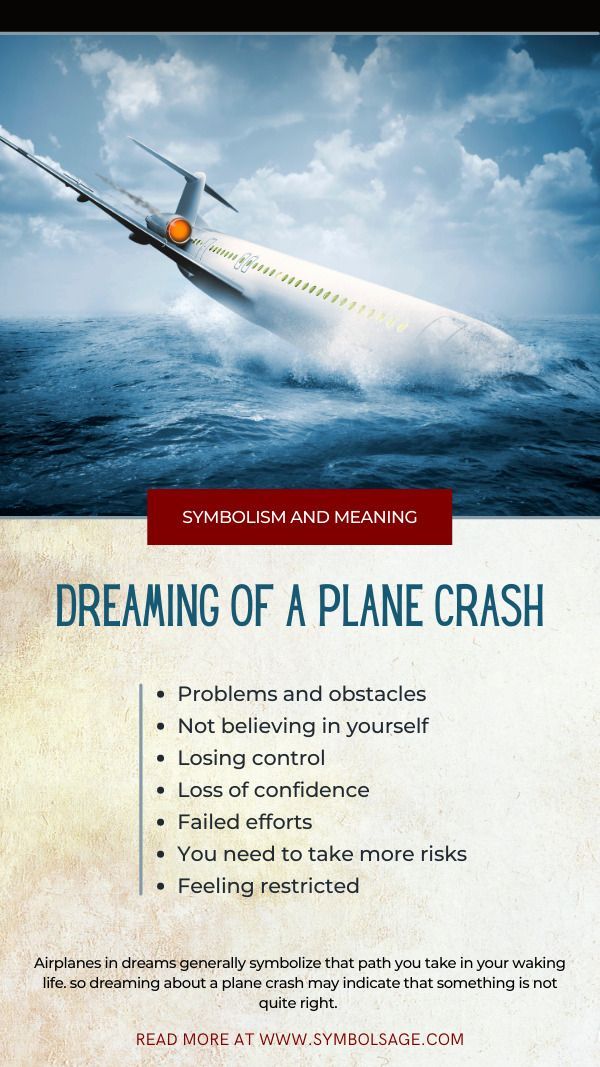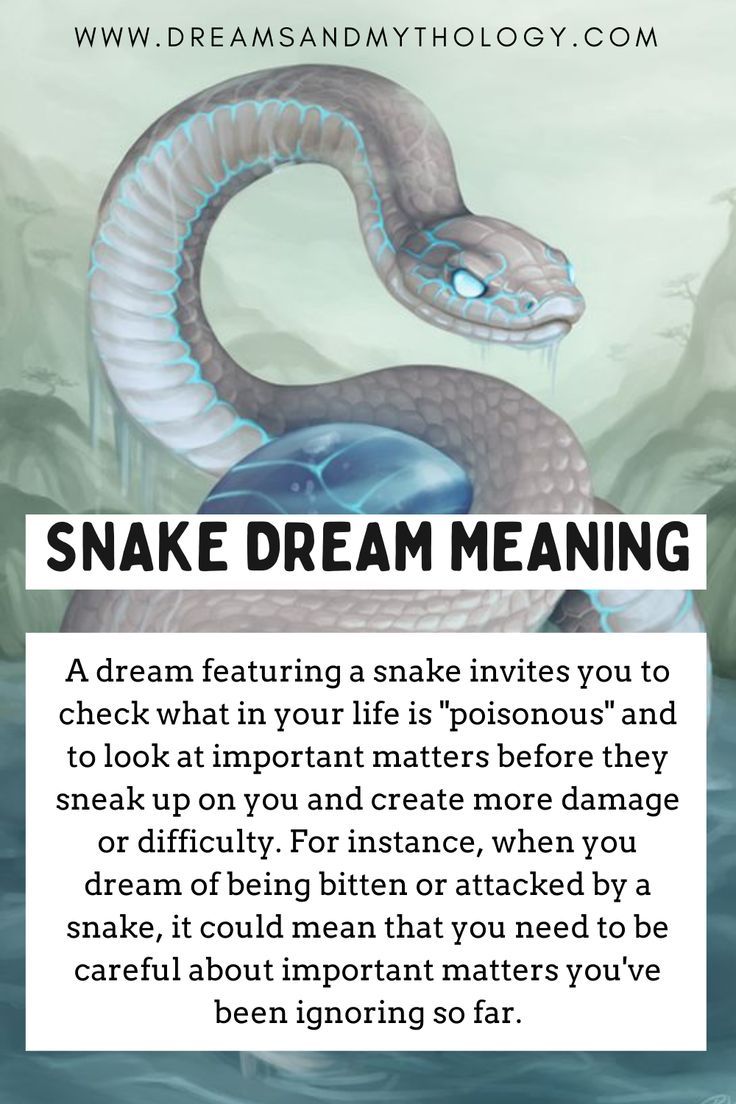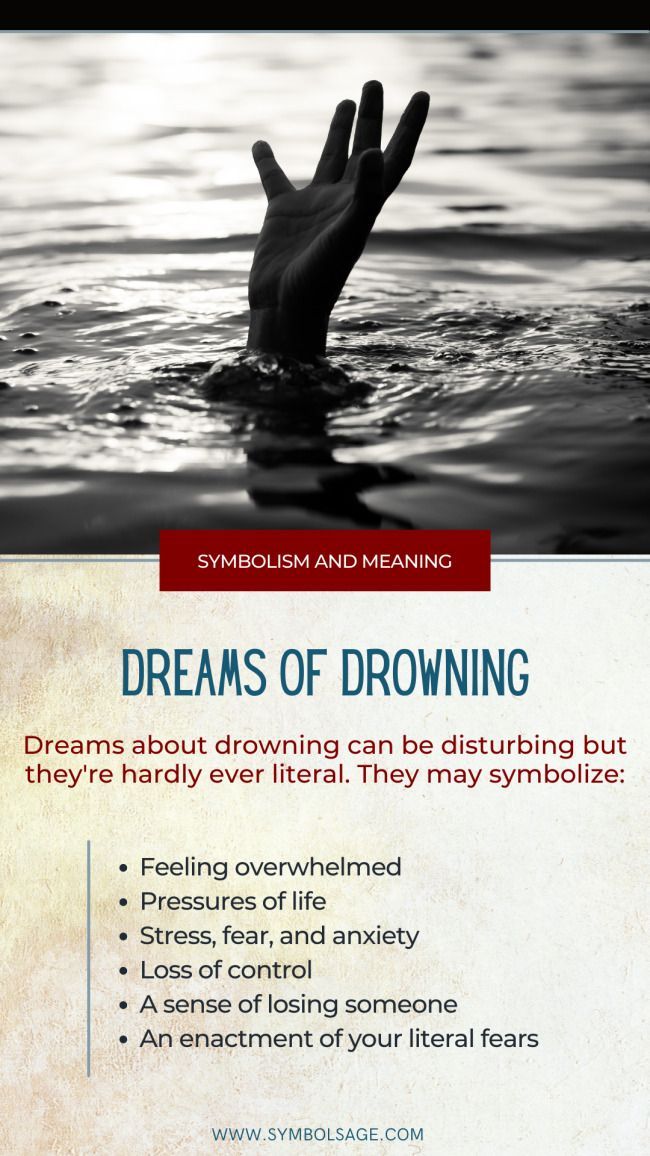Plane Crash in Dream Meaning: Unveiling Symbols
Dreaming about a plane crash may symbolize fear of failure or loss of control. It could also represent upcoming changes and uncertainties in life. Many people have experienced dreams related to plane crashes, and understanding the potential meanings can provide insight into one’s subconscious thoughts and emotions. The subconscious mind often uses symbols and scenarios to convey underlying fears and anxieties. Dreaming of a plane crash might reflect feelings of being overwhelmed or out of control in waking life. Exploring the emotions and events surrounding the dream can offer valuable clues to its interpretation. In this blog, we will delve into the possible meanings of dreaming about a plane crash and how it may relate to your waking life. Understanding the significance of such dreams can help bring clarity and peace of mind. Credit: www.pinterest.com The Phenomenon Of Dreaming About Plane Crashes When it comes to the phenomenon of dreaming about plane crashes, it can evoke a range of emotions and interpretations. Many individuals have experienced aviation-related dreams, with plane crashes being a common theme. These dreams often provoke intense emotional reactions and can leave a lasting impact on the dreamer’s psyche. Understanding the symbolism and common themes in aviation dreams as well as the emotional reactions they elicit can provide valuable insight into the subconscious mind. Common Themes In Aviation Dreams Aviation dreams often feature recurring themes that reflect the dreamer’s inner thoughts, fears, and desires. Flying, turbulence, and plane crashes are among the most prevalent motifs in these dreams. The sensation of soaring through the sky or encountering an unexpected plane crash can symbolize feelings of freedom, anxiety, or a lack of control in one’s waking life. These themes may also represent a desire for adventure, a fear of failure, or a need to confront challenging situations. Emotional Reactions To Plane Crash Dreams Dreams about plane crashes can evoke a wide range of emotional responses, including fear, anxiety, and helplessness. The intense nature of these dreams often leaves the dreamer feeling shaken and unsettled upon waking. Some individuals may experience recurring plane crash dreams, leading to heightened stress and a sense of foreboding. These emotional reactions can stem from a variety of underlying concerns, such as a fear of loss of control, a lack of confidence, or unresolved trauma related to flying or travel. Historical Perspective On Dream Interpretation Understanding the meaning behind our dreams has fascinated humans since ancient times. Various cultures and belief systems have assigned significance to dreams, treating them as messages from the divine or windows into our subconscious minds. In this section, we will explore the historical perspective on dream interpretation, delving into the practices of ancient civilizations and the insights provided by modern psychology. Ancient Civilizations And Dream Symbolism Ancient civilizations like the Egyptians, Greeks, and Romans held dreams in high regard, considering them as channels of communication with the spiritual realm. These cultures believed that dreams carried prophetic messages and guidance for decision-making. They developed elaborate systems of dream interpretation, associating specific symbols and images with various aspects of life. For example, in Egyptian culture, dreams were believed to be a means of receiving divine guidance. Priests and scribes meticulously recorded dreams and their interpretations, creating extensive dream dictionaries. Symbols such as animals, objects, and natural elements held specific meanings, allowing the deciphering of dream messages. The Greeks, inspired by Egyptian practices, explored the realm of dreams through the study of Oneirology. Philosopher Aristotle believed that dreams were a reflection of our daily experiences and emotions. He suggested that dreams served as a way for the mind to process and organize information gathered during wakefulness. Modern Psychology’s Take On Dream Analysis In the modern era, Sigmund Freud revolutionized the field of dream interpretation with his psychoanalytic theory. He proposed that dreams were a manifestation of repressed desires and unconscious thoughts. According to Freud, dreams acted as a symbolic language, allowing the unconscious mind to express itself. Freud’s work laid the foundation for dream analysis, introducing concepts such as latent content (hidden meaning) and manifest content (what appears in the dream). He believed that by decoding the symbolic elements within dreams, individuals could gain insight into their inner conflicts and desires. Later, psychologist Carl Jung expanded on Freud’s theories, introducing the concept of the collective unconscious. Jung believed that dreams contained archetypal symbols that were shared across cultures and had universal meanings. He emphasized the importance of exploring personal and collective symbolism to understand the messages conveyed in dreams. Today, dream analysis continues to be a subject of interest and research in the field of psychology. While different theories exist, the interpretation of dreams remains a deeply personal and subjective process. Exploring the historical perspective on dream interpretation allows us to appreciate the rich tapestry of beliefs and practices that have shaped our understanding of this mysterious realm. Plane Crash Dreams: A Dive Into The Subconscious Plane crash dreams can be unsettling and may leave you feeling anxious or disturbed upon waking. However, delving into the subconscious meanings behind these dreams can offer valuable insights into our inner thoughts and emotions. Let’s take a closer look at the significance of plane crash dreams and what they might reveal about our subconscious mind. Dreams As A Reflection Of Inner Turmoil Plane crash dreams often signify feelings of fear, anxiety, or a lack of control in our waking lives. When we experience these dreams, it may be an indication that our inner turmoil or unresolved issues are manifesting in our subconscious mind. The intense imagery of a plane crash can serve as a metaphor for the chaos and distress we may be experiencing internally. The Subconscious Mind’s Use Of Disaster Imagery In the realm of dream interpretation, the subconscious mind frequently employs disaster imagery to convey underlying emotions or concerns. A plane crash in a dream may represent a fear of failure, a sense of loss, or the need to confront and overcome challenges. By examining the symbolism within the dream, we can … Read more



